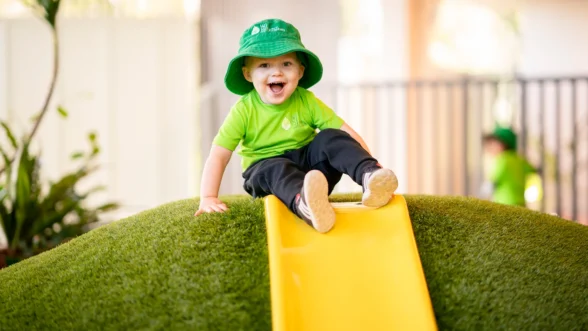
Education, Wellbeing
Useful tools, Wellbeing
16 December, 2026

With most children, good behaviour doesn’t just happen – it’s not something they’re inherently born with, or something they will learn themselves over time. As with any other skill, your child must be taught how to manage their behaviour. The question is: how?
Teaching your child behaviour management is essential. It’s a skill that will serve them as they enter the classroom, interact with peers and even go into the workforce later in life.
Of course, it is totally normal for children to sometimes behave badly – especially if they are going through a challenging developmental stage. Bad behaviours can be related to physical discomfort, a need to express oneself (and not knowing how best to do it) or complex emotions that are difficult to understand and work through.
So how do you define behaviour management? In theory, behaviour management is about guiding your child’s behaviour toward more appropriate means of self-expression. Many early childhood experts recommend a positive and constructive approach that sees parents praise good behaviour, rather than punishing bad behaviour.
Because every child is different, it is helpful for parents to know about the popular children’s behaviour management strategies in child care – as well as behaviour management strategies for babies in child care – so that they can apply them at home, too.
Here, we provide a brief summary of some of the most popular methods for behaviour management…
Remember: not all children are alike, and not all bad behaviour is the same. Educate yourself about the different kinds of behavioural management so that you can respond appropriately and effectively in the moment.
If you are concerned about your child’s bad behaviour, work with your child’s early childhood educators to come up with a behavioural management plan.